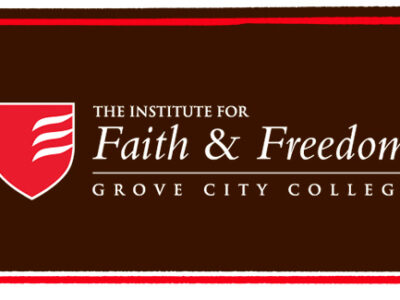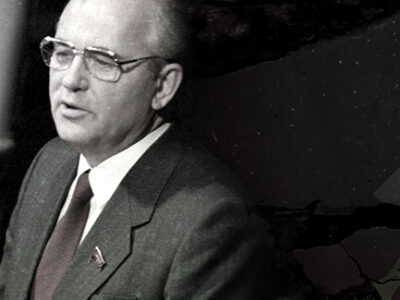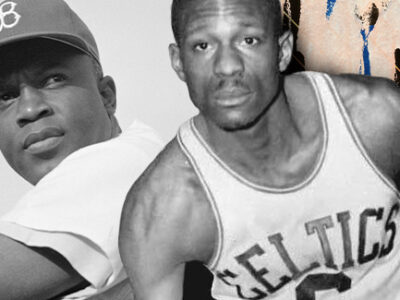I don’t know which is more shocking: the revelation that conservative icon William J. Bennett has a serious gambling problem, which resulted in his loss of millions of dollars in casinos around the country, or the furious (even scary) reaction of some of his critics. Among them, the usually fair liberal weekly, The New Republic, insists that because of his behavior Bennett “should be hounded out of public life.”
The outrage of many liberals — but not all, as seen in a slightly more tolerant New York Times editorial — stems from the fact that Bennett is the nation’s preeminent spokesman on morality and virtue. The embodiment of that role is his bestseller, “The Book of Virtues,” and its half-dozen or so spin-off works.
I’m not sympathetic to this outrage. Perhaps my own experience can shed some light.
My wife and I have two young boys, age “six-and-three-quarters,” as my oldest puts it, and a five-year-old. We also have an 11-month-old daughter. At roughly 9 p.m., Susan puts the baby to bed and I read to the boys before I try to get them to sleep — not an easy task.
My sons love books. Their favorites are the classics — Moby Dick, Treasure Island, The Legend of Sleepy Hollow, Huck Finn. They thoroughly enjoy C.S. Lewis’ Chronicles of Narnia. In between larger works, we read shorter pieces from various edited collections. This even includes, to my wife’s chagrin, the Calvin & Hobbes collection — which they consider a riot.
I also read to them from Bennett’s books. Over the last couple weeks, they’ve been hooked on selections from his, The Children’s Treasury of Virtues. Its readings are organized under headings like courage, responsibility, work, self-discipline. These are wonderful moral lessons for a child’s character development. Liberals would be thrilled with the collection. There are many multicultural examples. It is a diverse collection that teaches tolerance. The initial picture that jumps out when turning the first page is a striking illustration of Jackie Robinson in his Brooklyn Dodgers uniform. Just last night, I read a story on pages 106 to 111 titled, “Why Frog and Snake Play Together.” It is a touching African folktale that preaches acceptance of those who are different. It would make liberals cry. One of the book’s longest and final selections is “Martin Luther King’s Dream.”
But here’s my point on Bennett. He is the unique individual who took the time to assemble this splendid collection. He popularized it. In so doing, he provided a terrific service. This book will help make my kids better people. They learn very valuable things from this work. All parents strive to find such readers for their young ones.
And, to my knowledge, Bennett has never held up himself as a model of virtue. He never claimed to be perfect — to be sinless. In fact, as a Christian, he understands that he is a sinner — that he is an inherently flawed, never-ending work-in-progress. I can assure that never — not once — have I popped open his book, went to the photo of Bennett on the inside of the back cover, and said to my two sons: “Now, boys. That man is named Bill Bennett. He is perfect. He is a paragon of values. He himself upholds all of this book’s values. You need to be like him.” I read to my children a book by Bill Bennett, not a book about Bill Bennett. Moreover, he doesn’t need to be morally perfect to know the classic literature on virtues, no more than Senator Ted Kennedy needs to be poor in order to discuss welfare policy.
If I did instruct my children on Bill Bennett the person, not the editor, I would tell them what I tell them about all mere mortals: Like all of us, he can do and does good things, but he is a sinner who has his faults. In life’s tumult, he faces daily temptations, just like you and me. And he often falls.
For those who believe Bennett ought to be hounded out of public life, I suggest a virtue. It comes from both Bennett’s Bible and his Book of Virtues. It is called charity.
And to Mr. Bennett, for these tough times I suggest the first virtue listed in his Book of Virtues — perseverance. To overcome this vice in his life, he may want to heed the final lines in his selection from Phoebe Cary’s “Our Heroes,” written to young boys:
Be steadfast, my boy, when you’re tempted,
To do what you know to be right.
Stand firm by the colors of manhood,
And you will o’ercome in the fight.
“The right” be your battle cry ever
In waging the warfare of life,
And God, who knows who are the heroes,
Will give you the strength for the strife.




